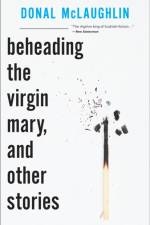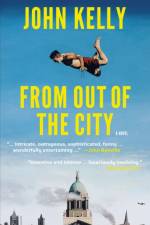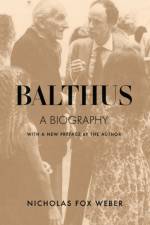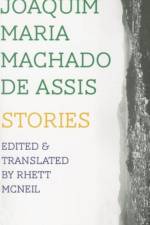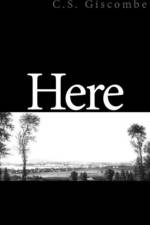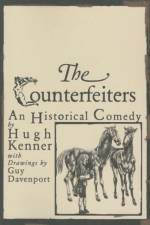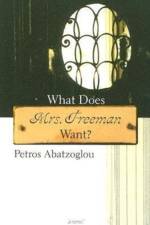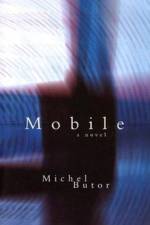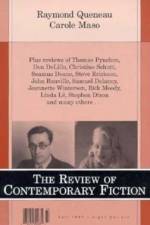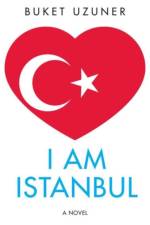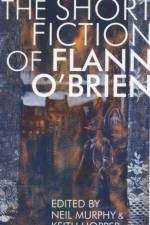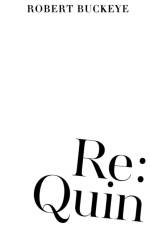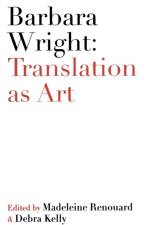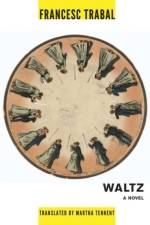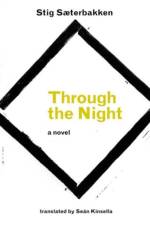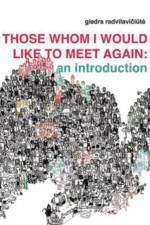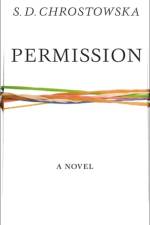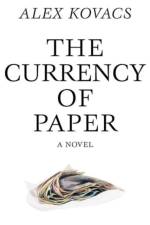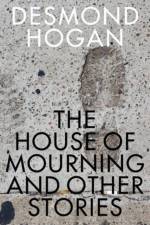av Carole Maso & Raymond Queneau
109,-
Mary Campbell-Sposito, CANIS MAJOR: Introducing Raymond Queneau/Gilbert Sorrentino, Variations for Raymond Queneau/* Raymond Queneau, Interviews with Georges Charbonnier -- No. 5?/Raymond Queneau, Technique of the Novel/Raymond Queneau, From Children of Clay/Harry Mathews, Charity Begins at Home/Gilbert Pestureau, The Art of the Novel in Saint Glinglin/Jacques Jouet, 'Interludes' from Raymond Queneau/Claude Debon, Queneau and Poetic Illusion/Barbara Wright, Translating Queneau/Andre Blavier, Droles de Drames/Jacques Roubaud The Birth of a Form: Elementary Morality/Selected Bibliography/Selected Translations of Queneau's Works into English/Victoria Frenkel Harris, Carole Maso: An Introduction and an Interpellated Interview/Carole Maso, Except Joy: on Aureole/Carole Maso, Traveling Light from The Bay of Angels/Louise DeSalvo, 'We Will Speak and Bear Witness': Storytelling as Testimony and Healing in Ghost Dance/Charles B.Harris, The Dead Fathers: The Rejection of Modernist Distance in The Art Lover/Victoria Frenkel Harris, Emancipating the Proclamation: Gender and Genre in AVA/Nicole Cooley, 'There's Not One Story That Will Change This': The American Woman in the Chinese Hat/Jeffrey DeShell, Between the Winding Sheets: The American Woman in the Chinese Hat/Steven Moore, A New Language for Desire: Aureole/A Carole Maso Checklist

